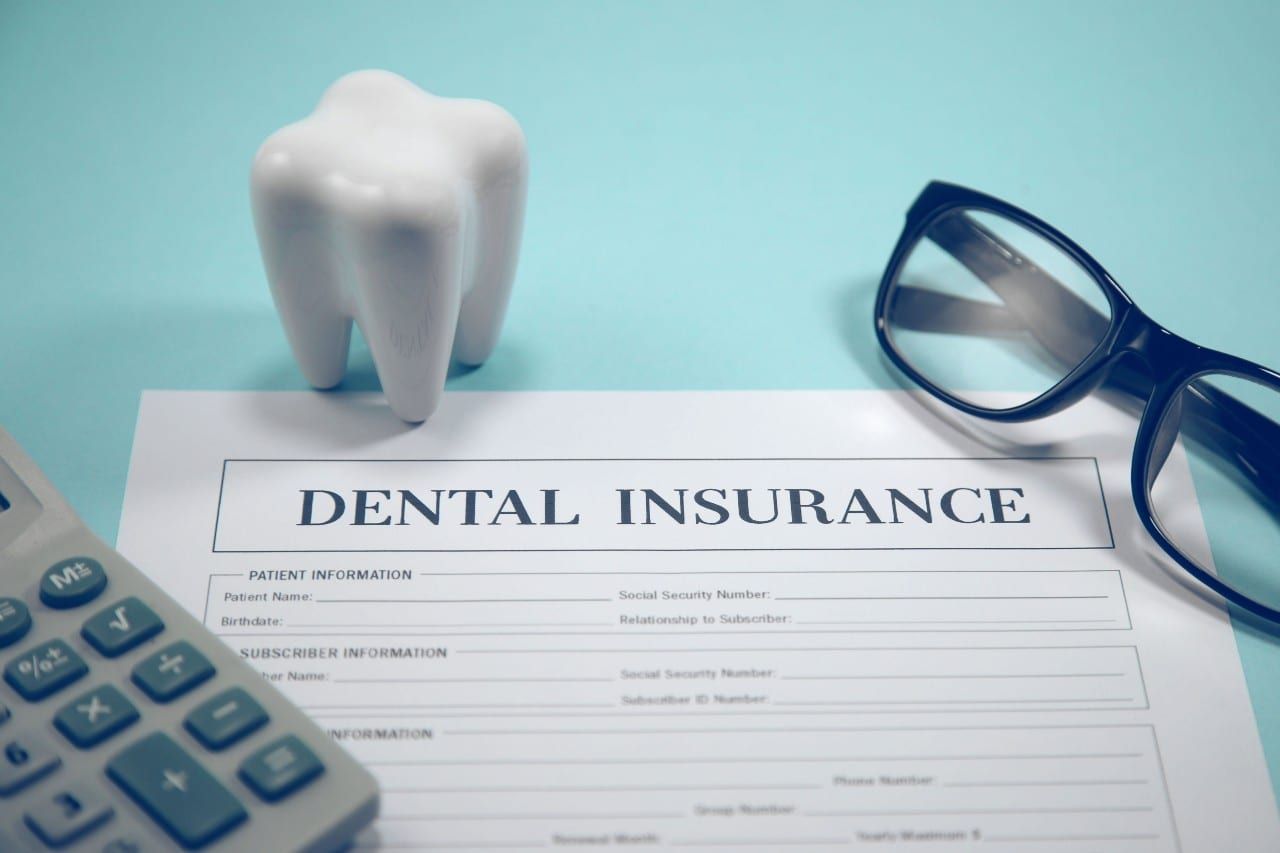Dental insurance can be very confusing. Co-pays? Co-insurance? What does all of this mean? Our office is here to help you understand and to walk you through getting the most out of your dental insurance. Your insurance benefits are researched prior to your consultation, by phone, fax, or online. This is how dental insurance generally works:
Deductible: Some plans have a deductible, some do not. It is usually small, $25.00 or $50.00. This is paid before insurance kicks in. For some plans, the deductible does not apply to preventive services like exams and x-rays.
Annual maximum: This is the amount your plan is capped at for your benefit year. Your benefit year can be a calendar year or a fiscal year. Typical amounts for benefit maximums are $1,000-2,000. Your insurance pays their percentage up to that amount, and you pay any excess.
Co-insurance: Your plan most likely pays percentages for different categories of dental work. Let’s say your insurance pays 80% for a surgical tooth extraction. The 20% you pay is your co-insurance.
Instead of co-insurance, some dental plans have fixed co-pays that you pay per procedure code.
Typical Categories:
Diagnostic & Preventative – Exams, cleanings, x-rays
Basic – Fillings, extractions
Major – Implants, crowns, root canals
Pre-determinations: Once you have a consultation and a treatment plan is put together with your provider, some insurance companies require a pre-determination be sent for approval. This is not super common. A pre-determination or pre-authorization is when your treatment plan is sent in for review by your dental insurance company, and they send a response that shows what your out of pocket cost will be, and what they will pay. You can request for a pre-determination to be sent voluntarily as well. It usually takes 2-4 weeks to come back. Insurance companies do use a disclaimer saying their response is always an estimate, so the claim could always process differently.
Limitations/Exclusions: These are what your plan will not cover. These can vary so much from plan to plan. Some dental plans do not cover sedation at all, and some don’t cover biopsies or extraction of impacted teeth. It is good to have a general idea of what your dental insurance plan coveres and does not cover.
Thank you for taking the time to learn some information about dental insurance. We look forward to helping you maximize your benefits!





